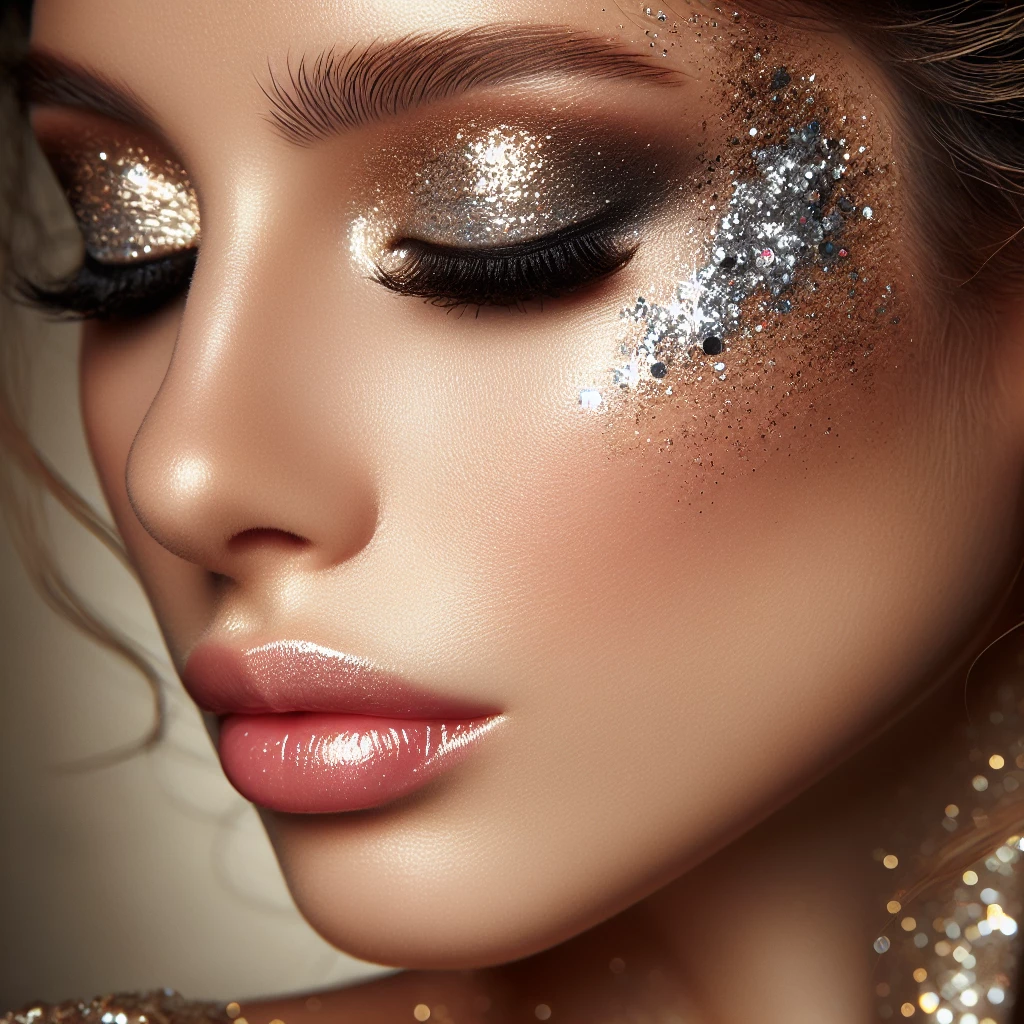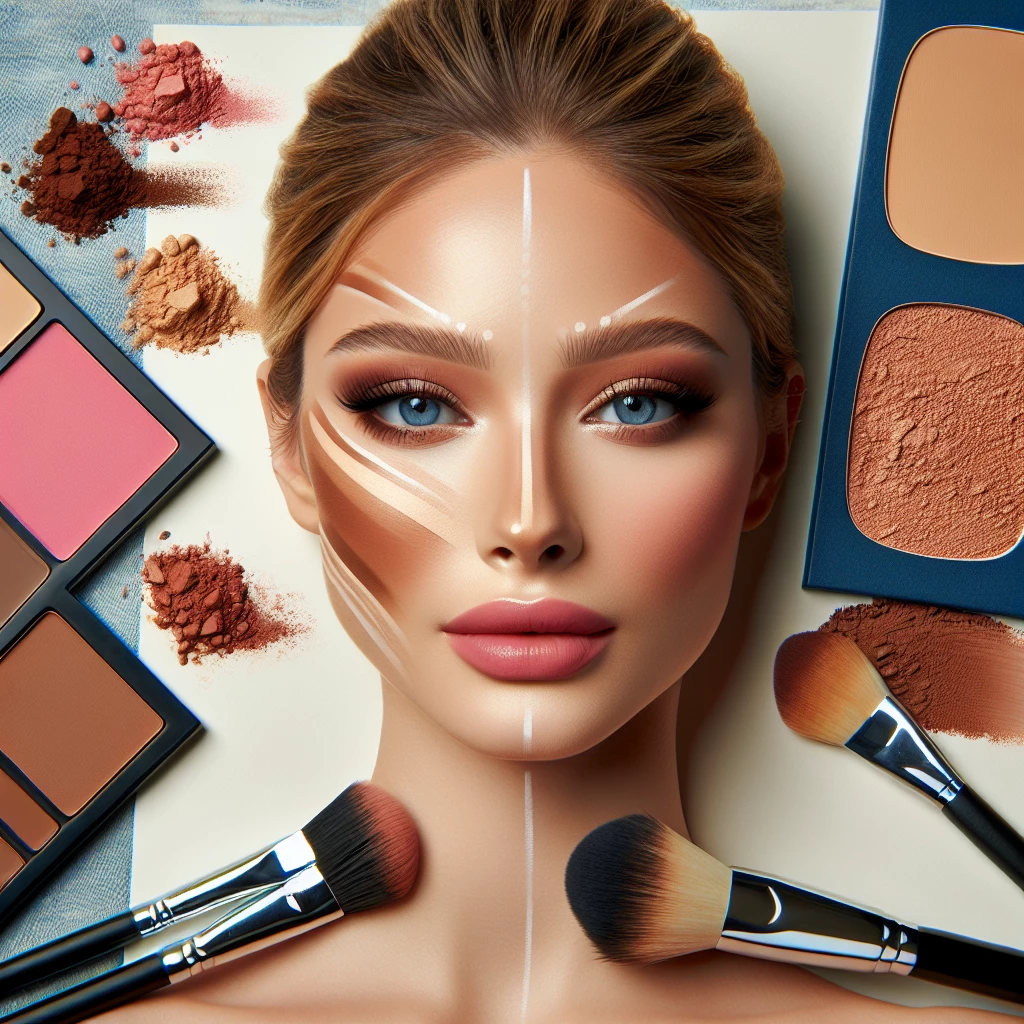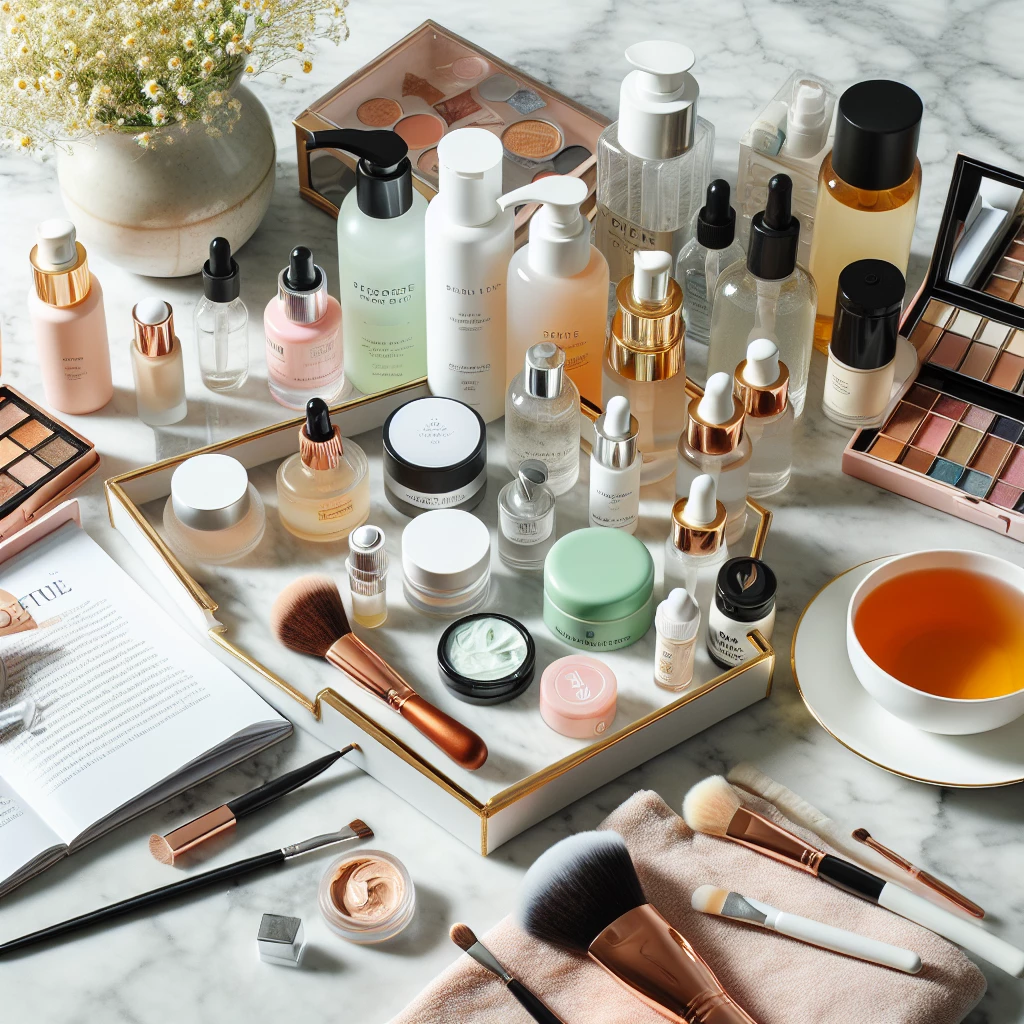Welcome once again to Makeup Queens, your trusted source for all things beauty. Today, we delve deep into the world of skincare, undeniably a core foundation to any successful makeup application. Many might be mistaken in thinking that great makeup solely relies on quality products and masterful application techniques. However, skincare should precede makeup in your beauty routine. The following sections will shed light on the importance and various facets of skincare before makeup.
Understanding Your Skin Type
Before embarking on any skincare journey, understanding your skin type is fundamental. This knowledge influences your product choice, guiding you towards products that benefit your skin most, whether it's dry, oily, combination, or sensitive skin. For example, individuals with dry skin should avoid matte foundations or high powder usage, which can further dehydrate the skin.
Identifying your skin type also helps manage any underlying skin concerns. People with oily skin might struggle with enlarged pores and frequent breakouts, while those with dry skin can experience tightness and visible flakiness. Addressing these issues through targeted skincare can immensely improve makeup application.
On top of investing in quality makeup, getting to know your skin better paves the way for makeup enhancements and prolonged wear. From hydrating serums for dry skin to oil-controlling primers for oily skin, every decision plays a role in the final makeup outcome.
Importance of Cleansing
Amidst our hectic schedules, the importance of cleansing can often be overlooked. Nevertheless, it serves as the cornerstone of a robust skincare regime. Prior to any makeup application, thoroughly cleansing your face provides a clean canvas for the makeup products, removing dirt, excess oil, and ensuring your pores aren’t blocked.
Cleansing prevents the build-up of grime which could lead to a multitude of skin problems such as breakouts, blackheads, and uneven skin tone. By starting off with a freshly cleansed face, your makeup is bound to look better and last longer.
Choosing the right cleanser is just as important since certain cleansers may strip your skin off its natural oils leading to dryness. Gentle, hydrating cleansers are essential in any makeup prepping routine.
Proper Hydration: Moisturizing Before Makeup
The depth of moisturizing ranges from the texture of your moisturizer to the technique of application. A good moisturizer not only hydrates your skin but also prevents your foundation from looking patchy or cakey. When your skin is well-moisturized, it allows makeup products to blend seamlessly, providing a natural and flawless finish.
Likewise, a well-hydrated skin also combats shininess and oiliness. While it may seem counterintuitive, oily skin is often a result of the skin's lack of moisture, prompting it to produce more oils. Hydrating your skin adequately can balance out sebum production, providing a better base for your makeup.
Remember to let your moisturizer absorb fully into your skin before applying makeup for optimal results. This simple yet often overlooked step can make a world of difference to your overall makeup look.
The Power of Sunscreen
While sunscreen may not directly affect your makeup application process, incorporating it into your skincare routine is imperative. Sun damage can lead to a plethora of skin problems such as premature aging, sun spots, and increased skin texture – all of which can affect makeup application in the long run.
Choosing the right sunscreen for daily use under makeup can be a game-changer. Opt for a non-greasy, broad spectrum sunscreen that shields your skin from both UVA and UVB rays, while serving as a smooth base for your makeup products.
Lastly, consider the layering of your skincare and makeup products. Remember, sunscreen should be the last step in your skincare routine but still before makeup application. Remember to apply sufficient SPF even when you are indoors, as UV rays can still penetrate windows.
Importance of Regular Exfoliation
Exfoliation is another critical step that greatly influences makeup application. Exfoliating assists in eliminating dead skin cells, encourages skin regeneration, unclogs pores, fades acne scars and reduces skin discoloration. These all serve to create a smoother skin texture, which results in a more even makeup application.
While exfoliating comes with numerous benefits, it poses risks if not done correctly. Over-exfoliating can lead to skin irritations, redness, and disrupted skin barrier. As a rule of thumb, start slow, observe your skin's reaction and adjust your routine accordingly.
Remember that every skin type has its unique needs when it comes to exfoliation. While those with oily skin might need to exfoliate more often, individuals with sensitive skin should lean towards gentle exfoliants, or pursue chemical exfoliation alternatives.
Skincare routines lay the groundwork for exceptional makeup application, emphasizing that great makeup starts with great skin. It’s all about respecting your skin's unique needs and treating it with the necessary care. So, next time you dive into that exquisite eyeshadow palette or that luxurious foundation, remember the role that skincare plays in achieving your desired makeup look. Until next time, Makeup Queens, stay gorgeous.

In-depth Dive into Nail Art
Get inspired by the latest trends in nail art and learn about the essential products for the same.

Glitter Makeup: Dazzle with Grace
Understand the do's and don'ts of glitter makeup and unveil the products that can help you sparkle.

Contouring 101: A Beginner's Guide
Comprehend the art of contouring and explore the best products to achieve that perfect sculpted look.

Decoding the Function of Primers
An overview of the uses, benefits, and the must-have primers for your daily beauty regime.
